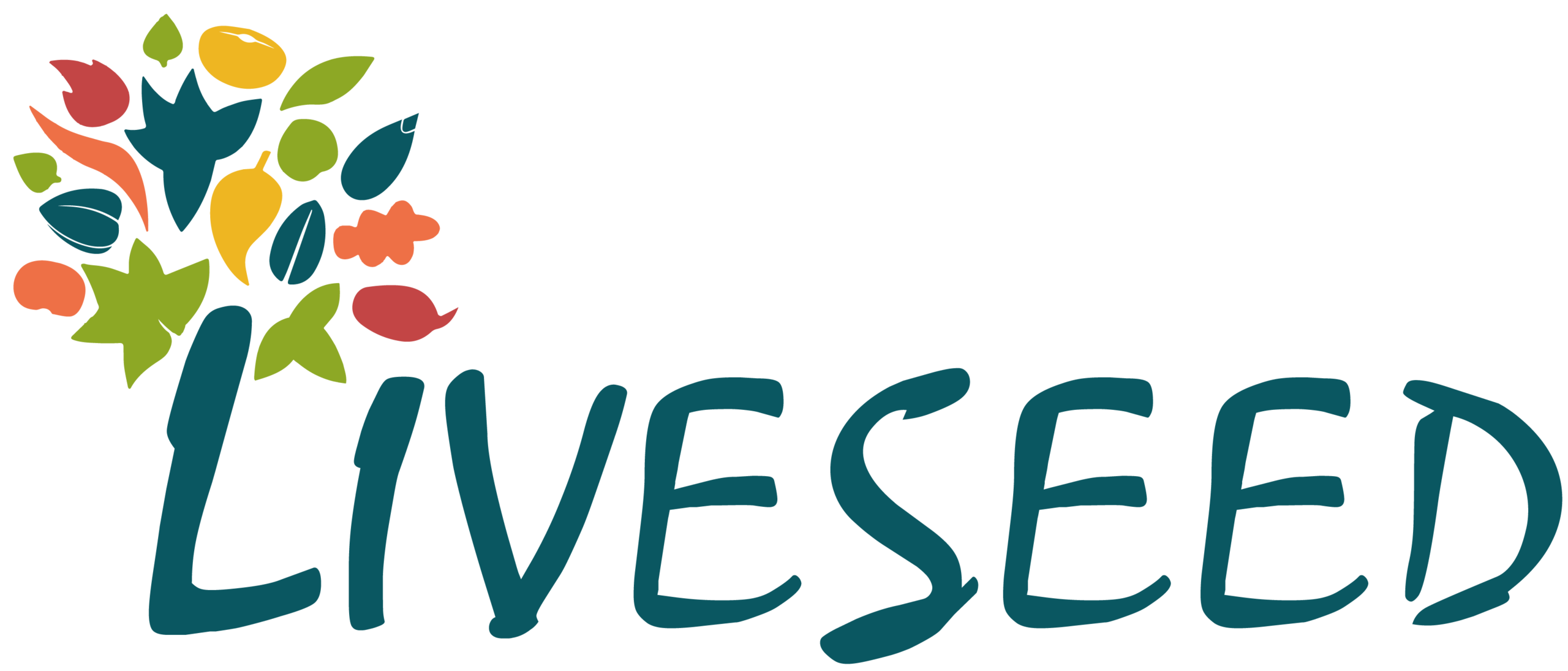LIVESEED workshop on vegetative propagating material – Why organic vegetative material has a long way to go compared to organic seeds
Vegetative propagation material such as seed potatoes, rootstocks and cuttings were in the spotlight of a LIVESEED workshop on 10 September. This type of plant propagating material is used for the production of certain crops, like apples, vines and potatoes. However, all vegetative propagating material is going to be included in the category of ‘plant reproductive material (PRM)’ in the New Organic Regulation and therefore an important part of the strategy to work towards 100% organic PRM.
First of its kind
The workshop was the first of its kind in the context of the LIVESEED project and participants were eager to learn more about potential policy measures to increase the production and use of organic vegetative propagating material.
The workshop started off with a discussion on seed potatoes, a product for which already a solid supply is available on the market in organic quality. According to Maaike Raaijmakers, Project Leader Knowledge and Innovation at Bionext, a key success factor for organic seed potatoes in the Netherlands was the introduction of a pre-ordering rule. This means that a derogation (to use non-organic seed potatoes) can only be requested if the producer showed they ordered the organic material in time. This measure is effective against fraud and prevents a degradation in the quality of the supply due to long storage times.
The database is the place to be
This example demonstrates the crucial role of the national seed databases, where seed potato supplies are listed. With the entry into force of the new EU Organic Regulation, supplies of all other vegetative propagation material will have to be inserted into the database as well. In this context, one participant in the workshop raised the point that a great amount of sales deals are sealed directly between the supplier and the customer. In this well-established business practice, the database is not used as a marketplace, but suppliers still have to make sure to insert their offers also in the database to act in compliance with the Organic Regulation. This is important because the supply in the database is the basis on which national authorities decide whether a derogation request is granted or not.
Production techniques and consumer expectations are challenges
While organic seed potatoes are widely used, the situation is different for other crops like hard fruit (apples, pears), soft fruit (berries) and vines. Even though organic apple breeding is ongoing in Germany and Switzerland, for example, mostly non-organic propagation material is used, as explained by Freya Schaefer (FiBL). A bottleneck for the production of organic soft fruit (berries) is the fact that the production process includes an in-vitro stage (without soil), which does not align with the definition of ‘organic plant reproductive material’ in the EU Organic Regulation. At the same time, an expert in fruit tree production emphasized that the in-vitro stage is crucial to ensure that growers receive healthy starting material. The participants agreed, however, that progress could be made by producing the following stage (long/short canes, rooted cuttings) under organic conditions. After that, the next step would be to breed organic mother plants as well.
The situation is unique for organic grapevine material, as highlighted by an organic winemaker. Due to the limited options for plant protection options in organic systems, growing propagation material for grapevines is a challenge in North/Western Europe due to fungal diseases. At the same time, consumers and retailers still demand the classic (conventional) varieties such as Chardonnay, Riesling etc. which is why breeding varieties that are suitable for organic input conditions are currently not economically viable. A possible solution to this problem is research on innovative production techniques that manage the fungus problem. One project on this topic is currently financed by the German Ministry of Agriculture.
Small steps rather than big leaps
In summary, it is evident that for many vegetative crops, progress should be made and measured in small steps, as it is not in all cases an easy undertaking to produce organic starting material. The participants of the LIVESEED workshop agreed that National and EU-wide roadmaps per individual species and an EU expert group on vegetative material could be a decisive factor to gradually increase the percentage of organic PRM. These and other key success factors will be presented in the European Workshop on 25 November.
The LIVESEED project will increase transparency and will provide recommendations on organic seeds. The project partners analyse national seed databases and factors influencing organic seed production and use. They also explore national policies, smart practices, build EU infrastructure and analyse issues on propagation. The partners also want to advance testing protocols to improve the availability of organic seeds, ensuring they are adapted to the realities of organic farmers.



